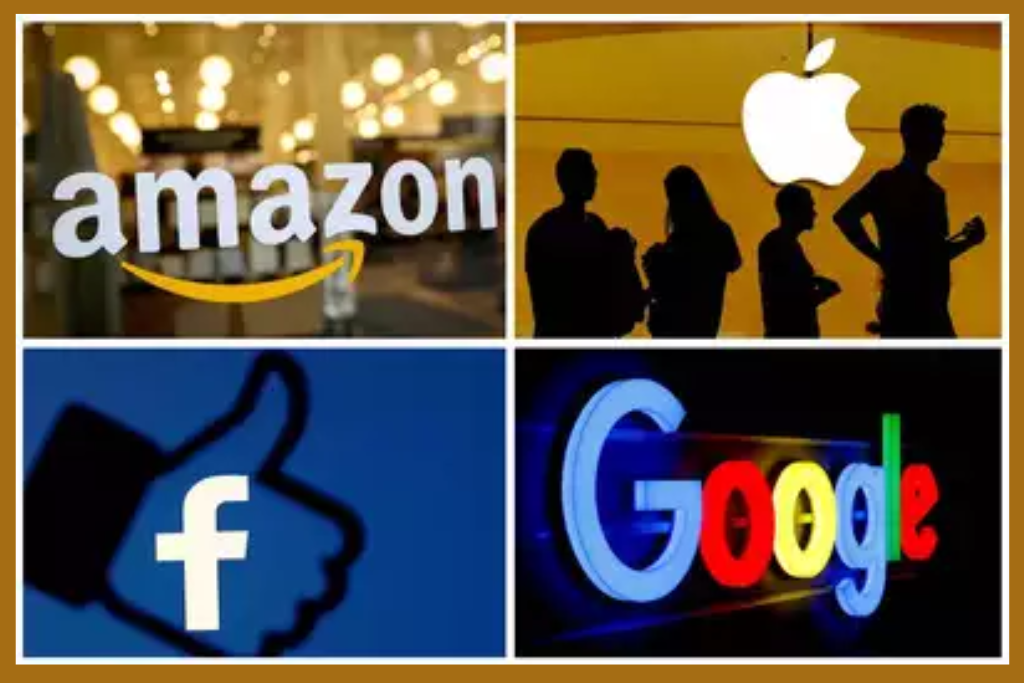The European Union (EU) has issued a series of new technology rules that are expected to have a substantial impact on some of the industry’s biggest firms, including Amazon, Google, Apple, Microsoft, TikTok, and Facebook. Governments throughout the world are continuously attempting to alter rules to keep up with the quick rate of change in the ever-changing landscape of technology and digital innovation. In this blog, we’ll look at the essential components of these guidelines and how they’re shaping the tech world.
The Digital Markets Act (DMA) and the Digital Services Act (DSA)
The EU’s new tech rules consist of two main components: the Digital Services Act (DSA) and the Digital Markets Act (DMA).
- Digital Services Act (DSA): The DSA aims to regulate online platforms and services by imposing obligations and responsibilities on digital service providers. This includes transparency requirements, content moderation obligations, and rules to combat illegal content. One of the most notable aspects of the DSA is the introduction of the concept of “online gatekeepers” – platforms with significant market power that will be subject to stricter rules.
- Digital Markets Act (DMA): The DMA targets large online platforms that act as gatekeepers in the digital ecosystem. It aims to prevent anti-competitive behavior and ensure a level playing field for smaller businesses. The DMA gives regulators more authority to scrutinize and impose penalties on tech giants for practices such as self-preferencing and unfair competition.
Impact on Tech Giants
Now, let’s take a closer look at how these new regulations are set to impact some of the tech industry’s heavyweights:
-
Amazon
- Amazon’s e-commerce dominance in the EU will face increased scrutiny under the DMA. The company may be required to provide more data to regulators and refrain from using data collected from third-party sellers to compete with them.
-
Google
- Google, the search engine giant, will likely face stricter rules related to its search and advertising practices. The DMA could force Google to make changes in how it displays search results and handles advertising.
- Apple: Apple’s App Store practices have been a subject of controversy, and the DSA could bring about changes in how Apple manages its app ecosystem and interacts with developers.
- Microsoft: Microsoft’s cloud services and software offerings may come under scrutiny. The DMA could target Microsoft’s market power in these areas.
- TikTok: Social media platforms like TikTok will be subject to content moderation and transparency requirements under the DSA. This could impact how TikTok handles user-generated content and user data.
- Facebook: As one of the largest social media platforms, Facebook will also be affected by the DSA’s content moderation and transparency rules. Additionally, the DMA could scrutinize its advertising practices.
Challenges and Opportunities
While these new tech rules aim to create a fairer and more competitive digital landscape, they also pose challenges for the affected tech giants.
Compliance with the regulations will require significant resources and changes in business practices.
However, it’s worth noting that these rules also present opportunities for companies to demonstrate their commitment to transparency, consumer protection, and fair competition.
EU’s New Tech Rules
The EU’s new tech rules, the Digital Services Act and the Digital Markets Act represent a significant step in regulating the ever-expanding tech industry.
They aim to address issues of market dominance, unfair competition, and user safety.
As these regulations come into effect, it will be interesting to see how tech giants like Amazon, Google, Apple, Microsoft, TikTok, and Facebook adapt and evolve in response to these new challenges and opportunities in the European market.
The impact of these rules extends beyond the EU’s borders, as global tech companies will need to consider their operations and practices on a broader scale in light of these developments.
For all the latest news, keep visiting The World News.



